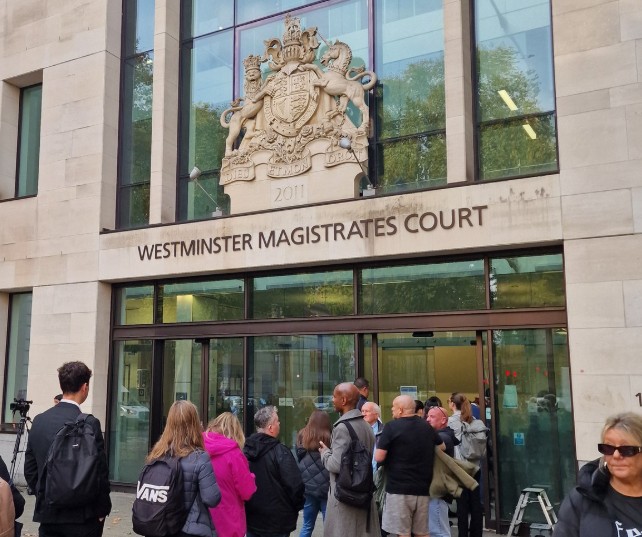A London doctor has been struck off the medical register after creating a fake landlord to illegally claim nearly £12,000 in housing benefits.
Dr Olubunmi Adeagbo-Sheikh, who worked at King’s College Hospital NHS Foundation Trust from 2022 until late 2024, was found guilty of dishonestly obtaining housing benefits for a flat that didn’t exist.
Fake Landlord for Benefit Claims
Between September 2018 and September 2019, while still a medical student, Dr Adeagbo-Sheikh invented a bogus landlord and fake tenancy agreement to receive almost £11,700 in benefits.
He was later arrested in October 2019 and charged with fraud. In January 2024, he pleaded guilty at Westminster Magistrates’ Court and was sentenced to a 12-month community order and 100 hours of unpaid work.
The full amount was repaid, and he completed his community service “in good time,” according to the tribunal report.
Fundamentally Incompatible
The General Medical Council (GMC) said his behaviour was “fundamentally incompatible” with remaining on the medical register. A tribunal ruled that erasure was the only necessary and proportionate sanction to maintain public confidence in the profession.
Although the doctor posed no direct risk to patients, his name will be permanently removed from the register later this month unless he appeals.
During the hearing, Dr Adeagbo-Sheikh told the tribunal: “I took full responsibility for my actions and was deeply remorseful for what happened.”
He described the incident as an “isolated lapse in judgment”, claiming he was struggling with personal issues at the time and wanted to be financially independent.
However, the tribunal found that most of his remedial actions and reflection began years after the offence, and an apology letter he submitted appeared to have been mostly written using AI software.
Confession, Community Work, and Consequences
Following his arrest, the doctor admitted his wrongdoing to his mother, who reportedly dragged him to their local mosque and put him on cleaning duties as penance.
He also admitted to giving the Department for Work and Pensions (DWP) a fake address so his fraudulent claims could continue unchecked.
The tribunal acknowledged his remorse but concluded he had not yet demonstrated full insight into his actions: “It is difficult at this point for the tribunal to say that he has full insight, or that his actions will not be repeated.”
This case, set in London, underscores ongoing concerns about housing benefit fraud and professional integrity in the UK.






